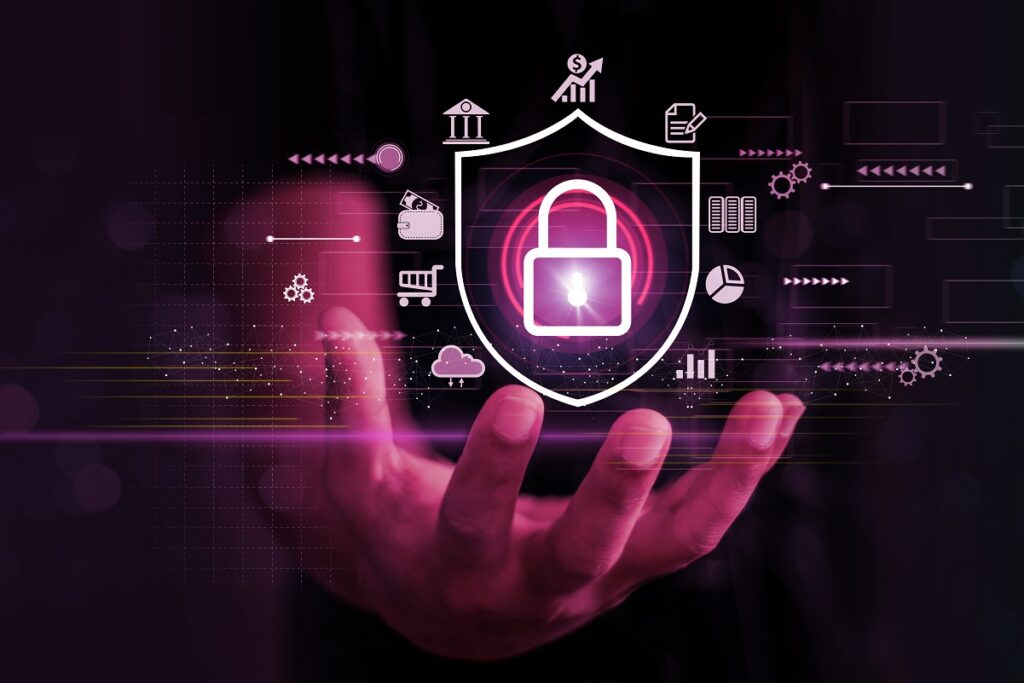Strengthening Your Cyber Security: Essential Tips for Secure Online Practices
In today’s interconnected digital world, cybersecurity has become more critical than ever. With the increasing prevalence of cyber threats and data breaches, protecting your online presence is not just a good practice but a necessity. Whether you’re an individual user or a business owner, implementing robust cybersecurity measures can safeguard your sensitive information and maintain your digital privacy. Here are some essential tips to strengthen your cyber defenses:
1. Keep Your Software Updated
Cyber Security Service Keeping your software up to date is one of the simplest yet most effective ways to enhance your cybersecurity posture.Ensure that all your essential software, such as operating systems, antivirus programs, web browsers, and other applications you rely on, is regularly updated. Updates often contain patches for security vulnerabilities identified by developers, reducing the risk of exploitation by cybercriminals.
2. Use Strong, Unique Passwords
Passwords serve as the primary defense against unauthorized access to your accounts. Create robust passwords that incorporate a combination of letters, numbers, and special characters. Avoid using predictable information like birthdays or common words. Using a trusted password manager can assist in generating and securely storing complex passwords.
3. Enable Two-Factor Authentication (2FA)
Cyber Security Service Two-factor authentication adds an extra layer of security by requiring not only a password but also a second form of verification, such as a code sent to your mobile device. Enable 2FA wherever possible, especially for accounts containing sensitive information or financial data.
4. Be Cautious of Phishing Attempts
Cyber Security Service Phishing remains one of the most prevalent cyber threats. Be wary of unsolicited emails, messages, or links that ask for personal information or prompt you to download attachments. Verify the legitimacy of sources before clicking on links or providing any sensitive information online.
5. Secure Your Wi-Fi Network
Cyber Security Service Secure your home or office Wi-Fi network with a strong password and encryption protocol (e.g., WPA2). Avoid using default network names (SSIDs) and change the default administrator credentials for your router. Regularly monitor connected devices and ensure they are authorized and secure.
6. Back Up Your Data Regularly
Cyber Security Service Data backups are essential for mitigating the impact of ransomware attacks, hardware failures, or accidental data loss. Implement a regular backup schedule to store copies of important files and data in secure, offsite locations. Consider using cloud storage services for convenient and reliable backup solutions.
7. Educate Yourself and Others
Cyber Security Service Stay informed about current cybersecurity trends, threats, and best practices. Educate yourself and your employees (if applicable) about potential risks and how to recognize suspicious activities. Promote a culture of cybersecurity awareness and encourage proactive measures to protect personal and organizational data.
Conclusion
Cyber Security Service By implementing these essential cybersecurity practices, you can significantly reduce the risk of falling victim to cyber threats and protect your digital identity. It’s important to remember that cybersecurity demands continuous vigilance and proactive measures. Stay informed, stay secure, and safeguard your online presence effectively.




